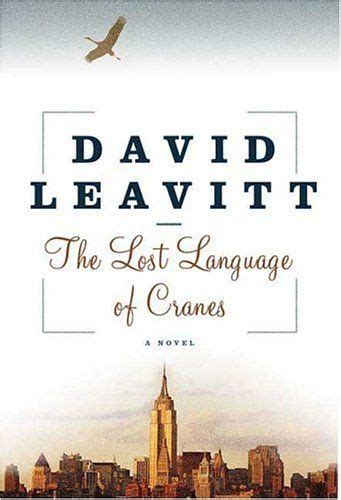A Quote by Gabriel Garcia Marquez
Then the writing became so fluid that I sometimes felt as if I were writing for the sheer pleasure of telling a story, which may be the human condition that most resembles levitation.
Related Quotes
Experimental novels are sometimes terribly clever and very seldom read. But the story that appeals to the child sitting on your knee is the one that satisfies the curiosity we all have about what happened then, and then, and then. This is the final restriction put on the technique of telling a story. A basic thing called story is built into the human condition. It's what we are; it's something to which we react.
As for myself: I had come to the conclusion that there was nothing sacred about myself or any human being, that we were all machines, doomed to collide and collide and collide. For want of anything better to do, we became fans of collisions. Sometimes I wrote well about collisions, which meant I was a writing machine in good repair. Sometimes I wrote badly, which meant I was a writing machine in bad repair. I no more harbored sacredness than did a Pontiac, a mousetrap, or a South Bend Lathe.
Knowing that a story needs to be told is a great motivator, even if telling a given story comes at a price. Writing Hunger has been the most difficult writing of my life, and it's the rawest and perhaps most necessary. We'll see how people take it. I always strive to write beyond personal catharsis because though I write first and foremost for myself, I do recognize that I need to look outward as much if not more than I look inward, so the reader has something with which they can engage.
I didn't know how story worked. So, when writing the screenplay, people introduced me to the science of it. And I'm grateful. I'll probably use that information for the rest of my career, in terms of writing novels or writing stories. And then, of course, to help me live a better story, a more meaningful story
Good writing is good writing. In many ways, it’s the audience and their expectations that define a genre. A reader of literary fiction expects the writing to illuminate the human condition, some aspect of our world and our role in it. A reader of genre fiction likes that, too, as long as it doesn’t get in the way of the story.
Alice and I, we'd met before, but we were able to kind of sit and chat on the set of Dark Shadows, and talk about maybe writing some songs together. We started doing that, and then one thing led to another and it became this Vampire project - because he was telling stories about all those days, which were fascinating.
The ‘experimental’ writer, then, is simply following the story’s commands to the best of his human ability. The writer is not the story, the story is the story. See? Sometimes this is very hard to accept and sometimes too easy. On the one hand, there’s the writer who can’t face his fate: that the telling of a story has nothing at all to do with him; on the other hand, there’s the one who faces it too well: that the telling of the story has nothing at all to do with him







































